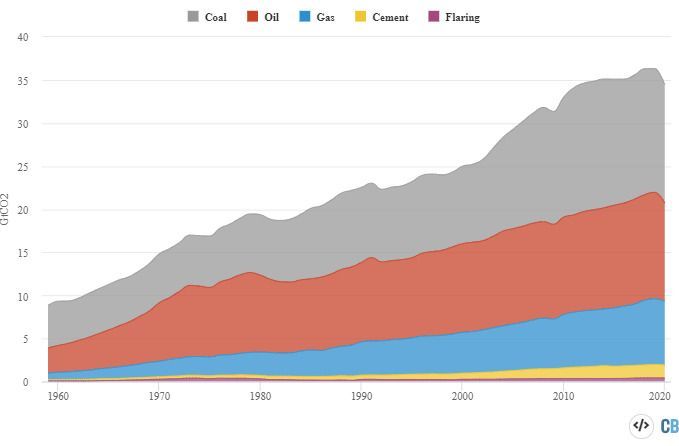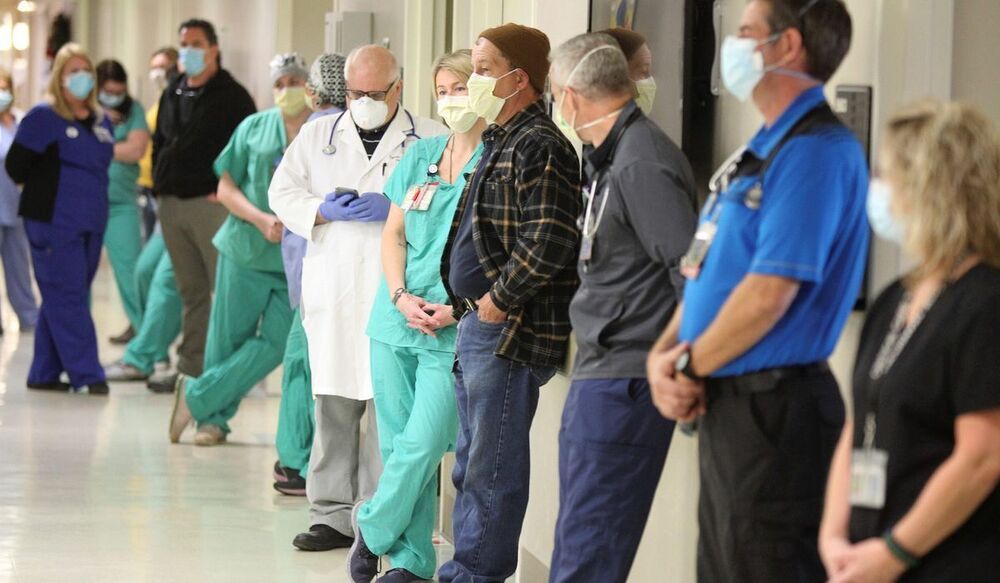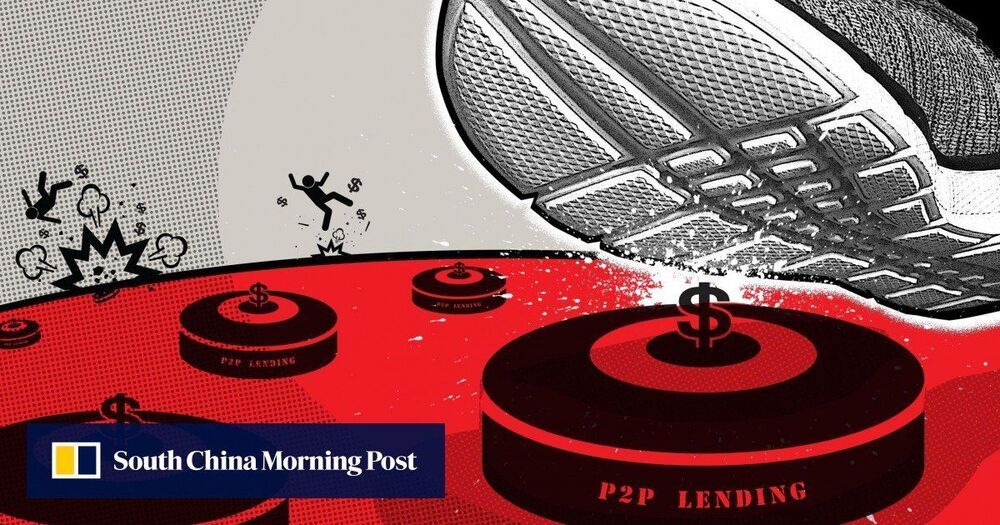I have added English and Spanish subtitles to my recent talk at the MadridSingularity Meetup, about the foundation and development of Alianza Futurista in Spain, and “What Is Transhumanism?”, the theme of the forum on December 19. Enjoy!
19 de diciembre, 2020
Meetup de MadridSingularity: ¿Qué es el transhumanismo?
Ponencia de sergio martínez de lahidalga tarrero, presidente de alianza futurista.






